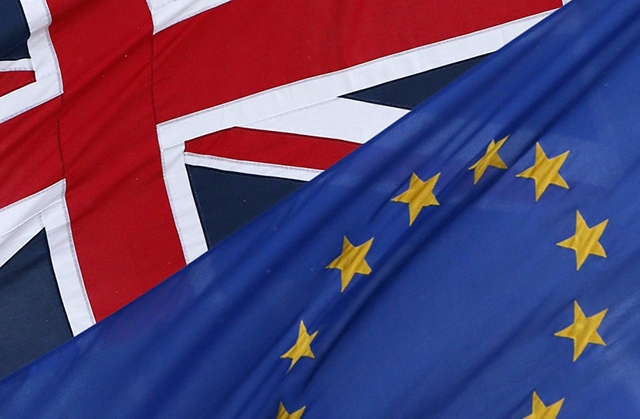Both Oldham MPs among 432 who voted down PM's Brexit deal
Date published: 16 January 2019

The Prime Minister lost a historic vote on Tuesday night.
Both of Oldham’s MPs were part of the 432 who voted down the Prime Minister’s Brexit deal in a historic night in the House of Commons.
Debbie Abrahams, the representative for Oldham East and Saddleworth, and Jim McMahon, who is the MP for the Oldham West and Royton constituency, rejected Theresa May’s proposed withdrawal agreement.
The government lost by 230 votes – which is the largest defeat for a sitting government in history.
Just 202 MPs backed the deal, which sets out the terms of Britain’s exit from the European Union on 29 March 2019.
With Parliament not accepting the deal, it leaves open the possibility of the UK exiting the EU without any deal.
It comes as a blow to Mrs May, who has spent more than two years trying to strike a deal with the EU.
The plan attempted to set out a smooth exit for the UK, setting up a 21-month transition period to negotiate a free trade deal with the EU.
But that may now not go ahead and Britain could be left without any plans in place should it fail to negotiate a deal between now and 29 March.
Jim McMahon tweeted on Tuesday night: "This evening I voted against the Withdrawal Agreement.
"The result is the biggest [Government] defeat for a century, losing 432 against to 202 for, a majority of 230 against the deal.
"Of those 118 were Tory MPs and the supply and confidence partner the DUP."
Labour leader Jeremy Corbyn has now tabled a vote of no confidence in the government, a move that could force a general election.
It would allow the House of Commons to “give its verdict on the sheer incompetence of this government,” the leader of the opposition said in a speech following last night’s vote.
The confidence vote will be debated on Wednesday, with the vote expected to take place at 7pm.
As he tabled the motion, Mr Corbyn said the government must accept that a no-deal Brexit is not an option.
Early general elections can only take place outside of the usual five-year cycle if two-thirds of all MPs vote in favour of an election – or if a no-confidence motion is passed in the Commons.
If the motion is passed, a 14-day countdown begins – where a motion of confidence, reading “this House has confidence in Her Majesty’s Government” must be passed, or a general election will be called.
Mrs May could attempt to reach out to other parties and MPs in a bid to win the confidence of the House.
The last time a government was defeated on a confidence motion was in 1979, when the Labour led government lost the opposition motion by just one vote.
There are now a range of calls for what course of action the UK should take next.
Some MPs want another referendum, while others are asking for a softer Brexit with a renegotiated withdrawal agreement with the EU.
Others would like Brexit stopped altogether and some would like to leave the EU with no deal.
There were 118 Conservative MPs who rebelled – from both the Leave and Remain sides of the argument – and voted with the opposition on the proposed deal.
Three Labour MPs voted with the government.
Most Viewed News Stories
- 1Changes to Oldham regeneration project will cost additional £7m
- 2Controversial scheme on greenbelt given planning permission
- 3A ten-year-old child was hospitalised due to ‘potentially life-threatening’ neglect
- 4A third of Oldham is worse off than six years ago, say government statistics
- 5Oldham charity which has helped 20,000 families up for national accolade




